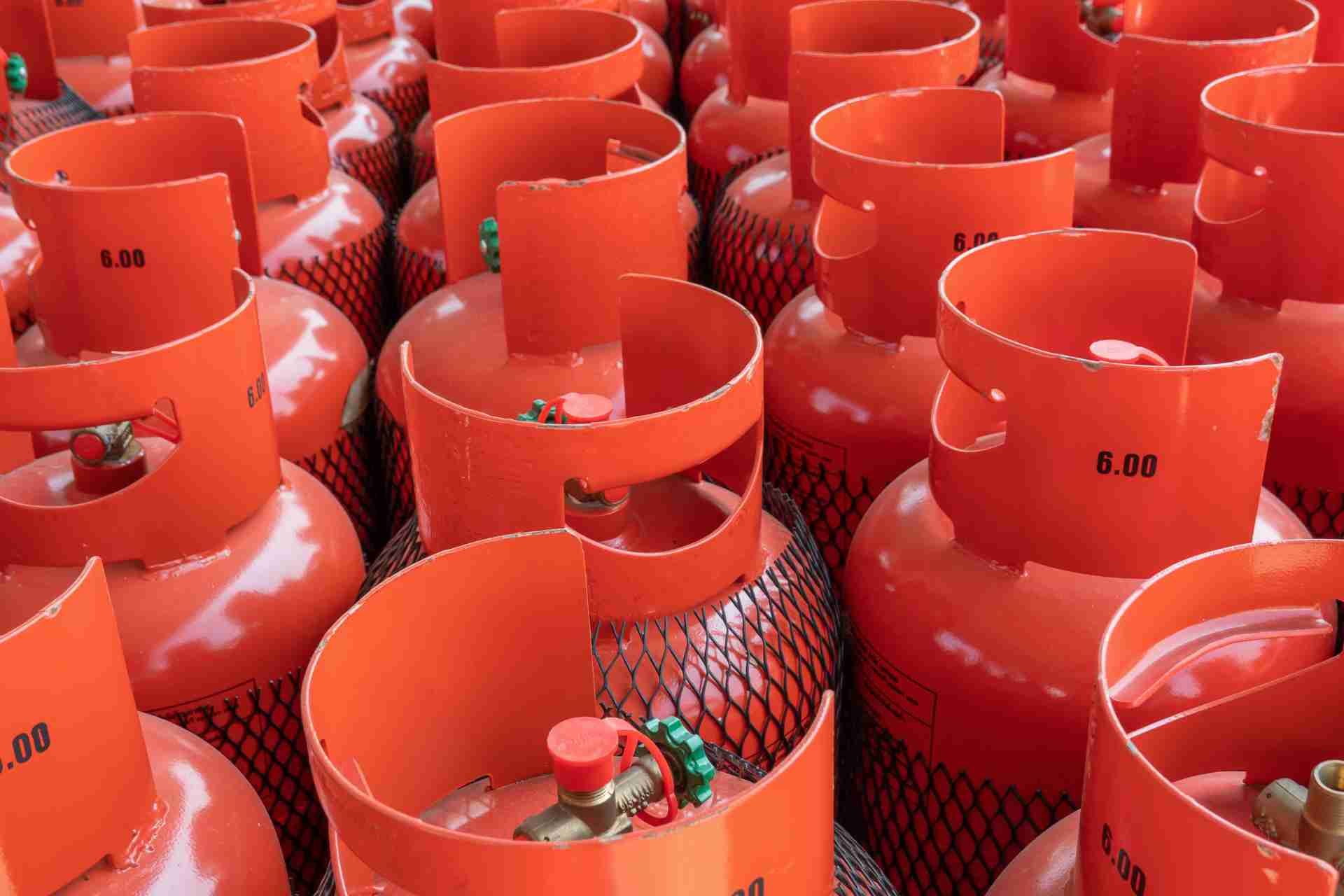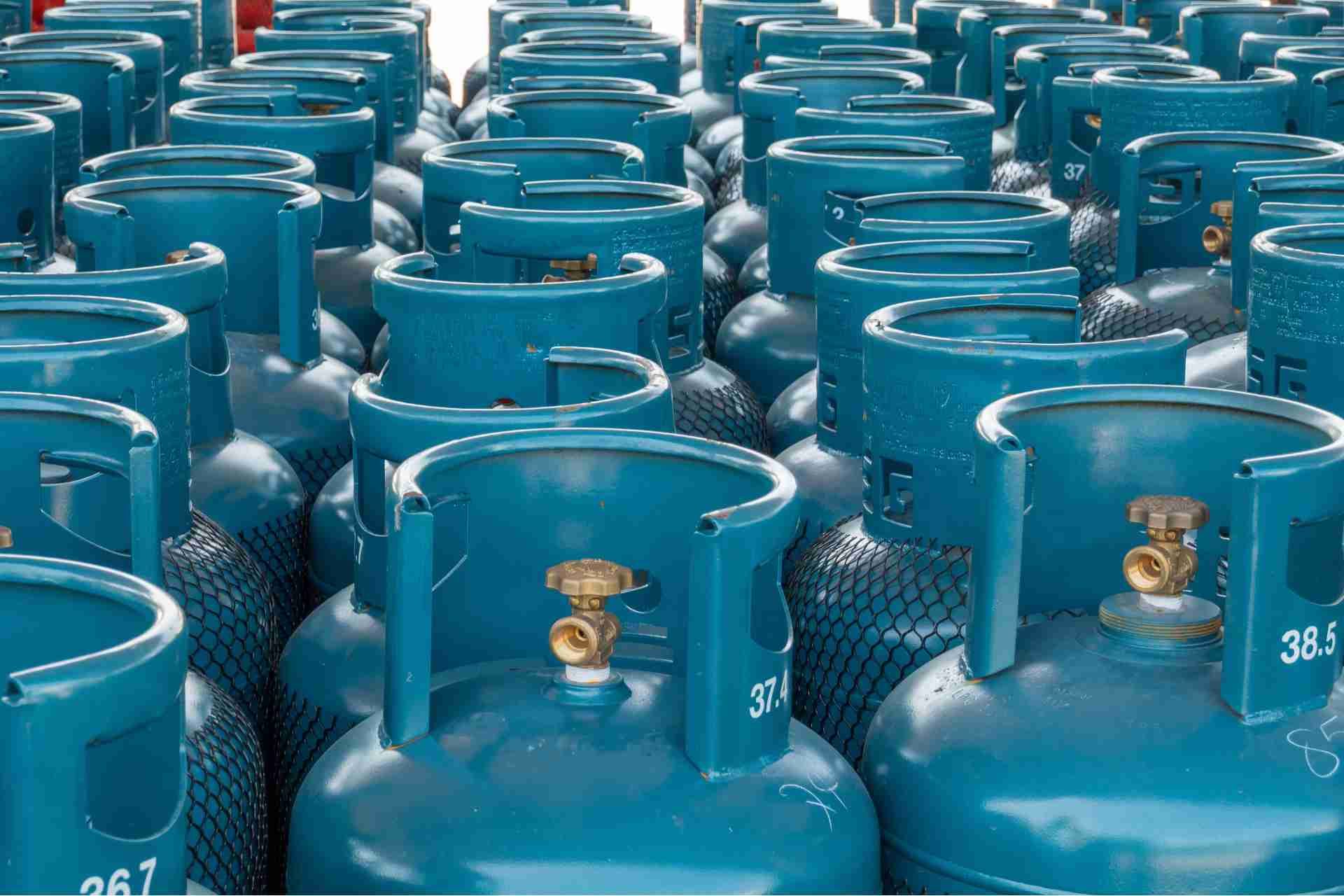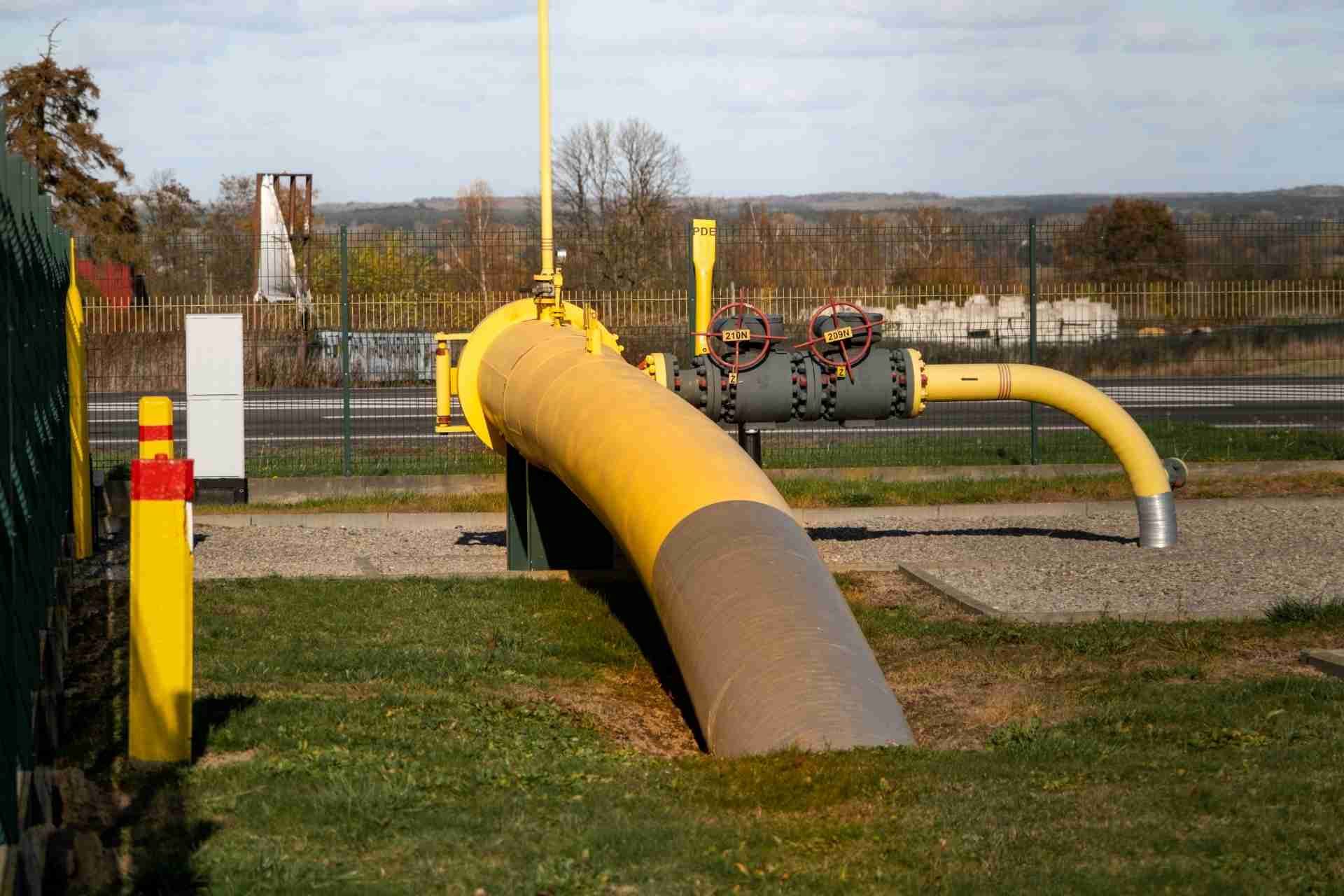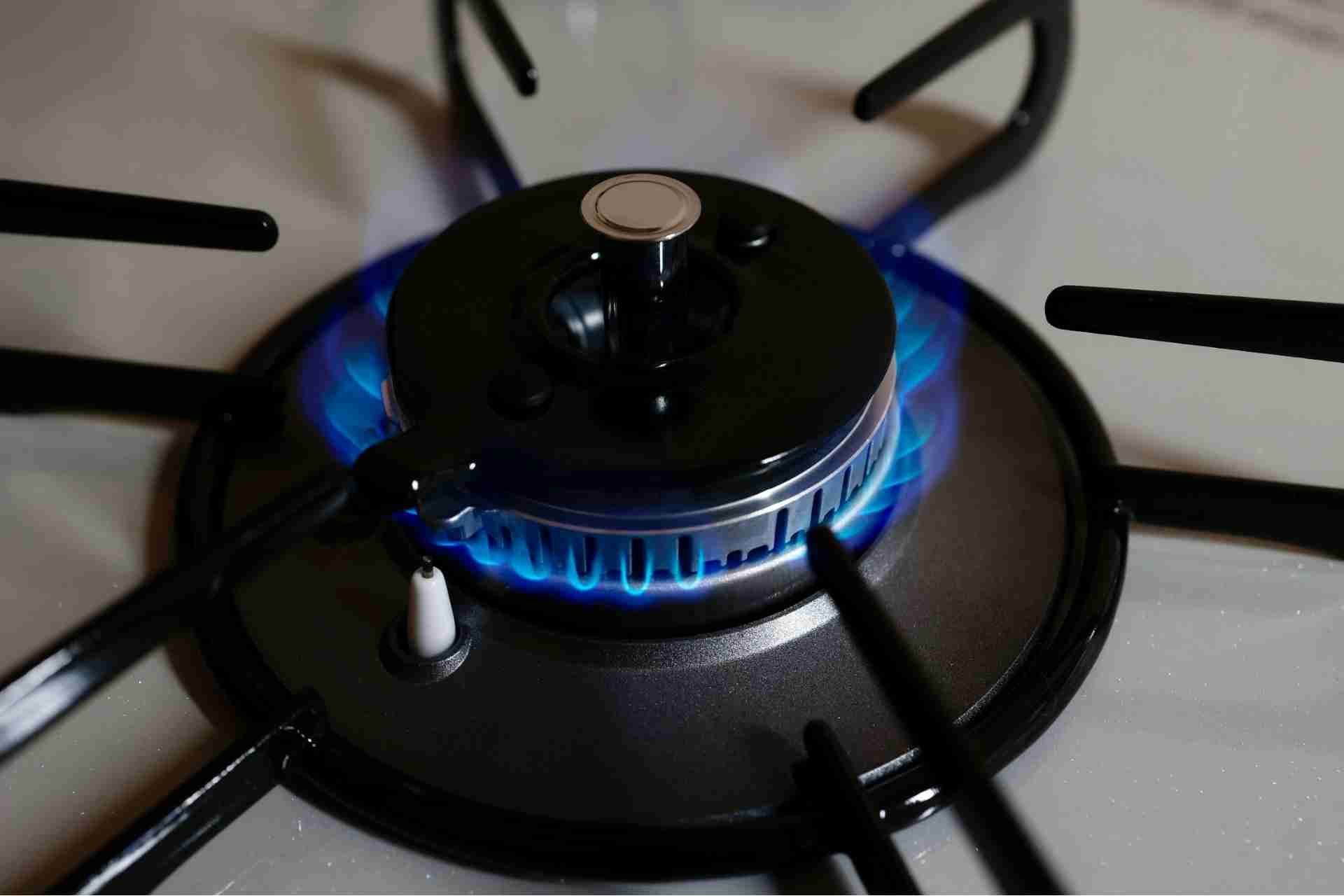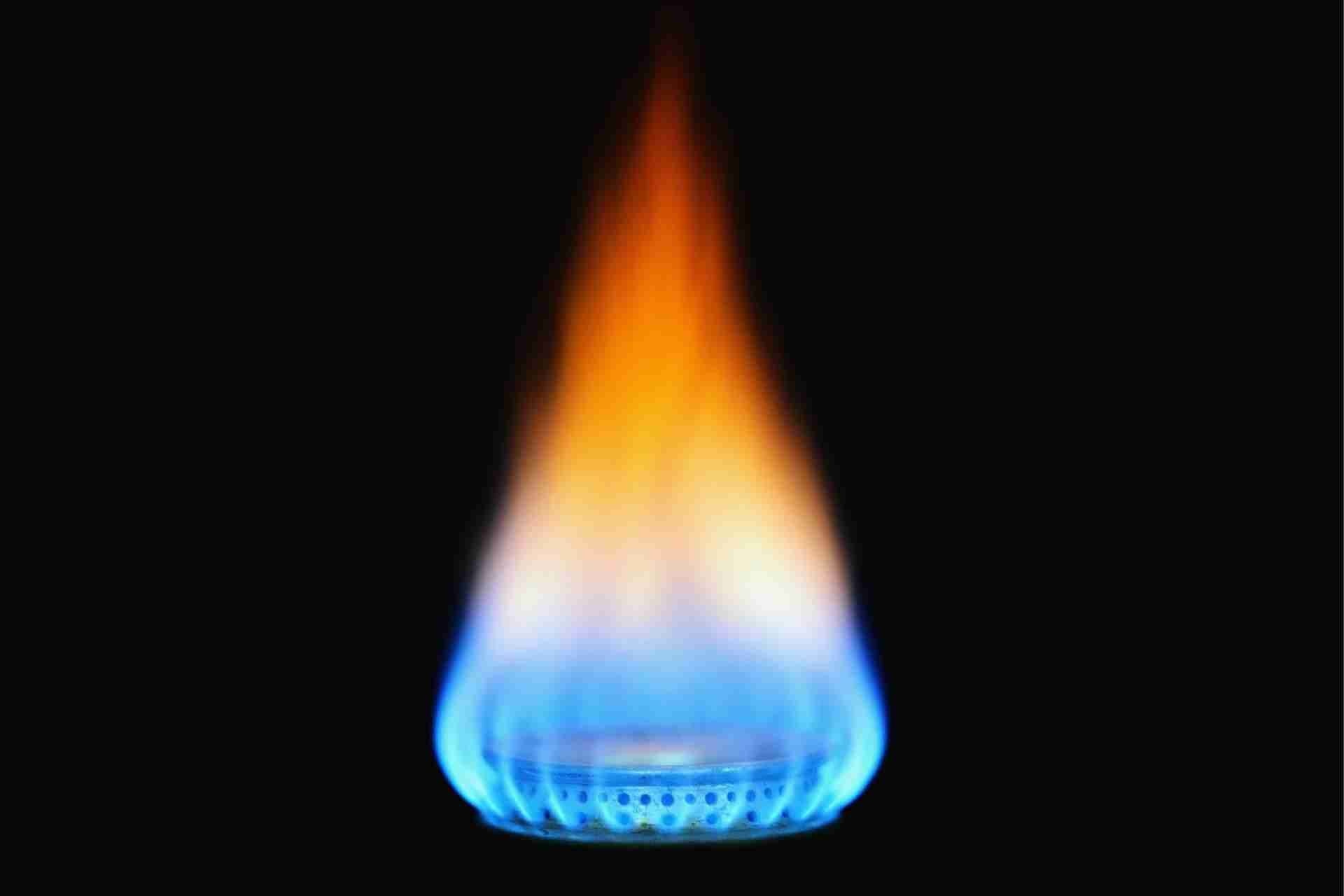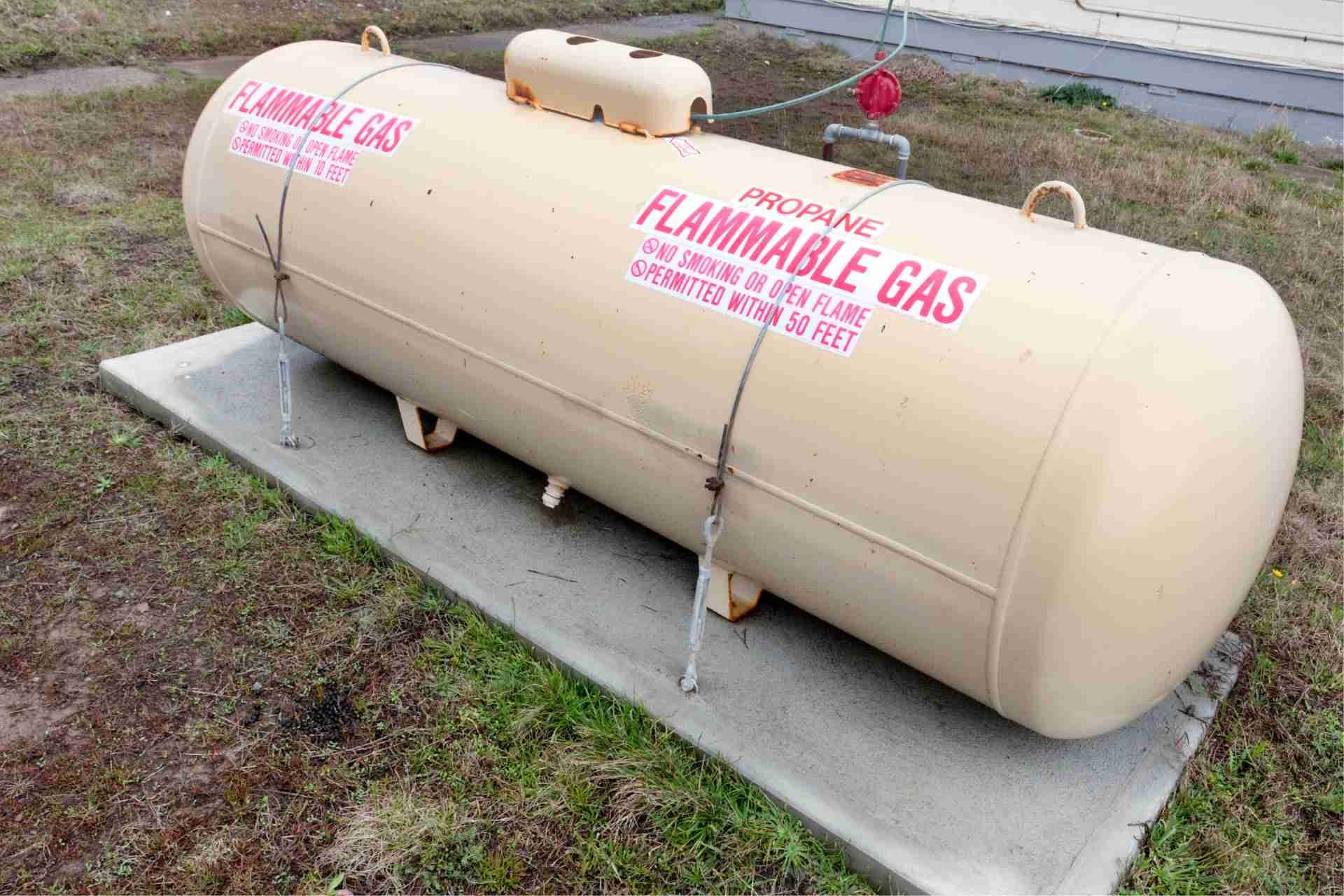Propane for Commercial Kitchens
If you're exploring fuel options for your commercial kitchen, propane might just be the solution you need. It offers quick heating and even cooking, which are essential in a fast-paced culinary environment. Plus, with its portability, you can easily take your cooking outdoors. However, there are important considerations to keep in mind when using propane. Let's uncover what makes propane a top choice and how to maximize its benefits in your kitchen.
Benefits of Using Propane in Commercial Kitchens
When you choose propane for your commercial kitchen, you're not just opting for a fuel source; you're investing in efficiency and reliability.
Propane offers a high energy output, allowing your equipment to heat up quickly and cook food evenly, which can significantly speed up service times.
It’s also versatile, powering everything from ovens to grills and fryers, so you can streamline your operations with one fuel type.
Plus, propane burns cleanly, reducing emissions and creating a healthier kitchen environment.
It’s portable too, enabling you to use it in outdoor settings or food trucks without hassle.
Ultimately, using propane can enhance your kitchen’s performance, lower costs, and contribute to a more sustainable business model.
Propane vs. Natural Gas: A Comparative Analysis
While both propane and natural gas are popular choices for fueling commercial kitchens, understanding their differences can help you make an informed decision.
Propane is a byproduct of natural gas processing and petroleum refining, making it a more energy-dense option. You’ll find propane burns hotter than natural gas, which can be beneficial for cooking.
On the other hand, natural gas is delivered via pipelines, ensuring a consistent supply, while propane needs storage tanks. Additionally, propane has a longer shelf life, making it ideal for backup systems.
Consider your kitchen's layout, local availability, and specific cooking needs. Ultimately, the choice between propane and natural gas will depend on your operational requirements and preferences.
Efficiency and Cost-Effectiveness of Propane
Propane stands out as a highly efficient fuel source for commercial kitchens, delivering significant energy savings and performance benefits. When you choose propane, you’ll notice faster heating times and consistent temperatures, which means your cooking processes become more streamlined.
This efficiency translates to reduced energy consumption, helping you lower your utility bills.
Additionally, propane is often more cost-effective compared to other fuel options, especially in areas where natural gas isn't readily available. With its high energy density, propane provides more energy per unit than many other fuels, allowing your kitchen equipment to operate at peak performance without breaking the bank.
Versatility of Propane in Various Cooking Applications
Given its adaptability, propane proves to be an ideal choice for a wide range of cooking applications in commercial kitchens.
You can use propane for grilling, frying, baking, and even for making pizzas. Its rapid heating capability allows you to achieve high temperatures quickly, perfect for searing meats or achieving that crispy crust on your baked goods.
Propane also works well with various equipment, from stovetops to ovens and even outdoor grills. This versatility means you can seamlessly switch between cooking methods without needing multiple fuel types.
Plus, propane burners provide precise temperature control, ensuring your dishes come out just right every time.
With propane, you'll find it easy to meet diverse culinary demands and keep your kitchen running smoothly.
Safety Considerations When Using Propane
When working in a commercial kitchen, it's crucial to prioritize safety while using propane.
Always ensure your propane tanks are stored properly, away from heat sources and in well-ventilated areas. Regularly check for leaks by applying a soapy solution to connections; bubbles indicate a leak.
Make sure to install carbon monoxide detectors and maintain clear emergency exits. Train your staff on propane safety protocols, including the proper use of equipment and how to respond in case of a leak or fire.
Always keep a fire extinguisher nearby and ensure it’s easily accessible. Lastly, never leave propane appliances unattended while in use.
Tips for Optimizing Propane Usage in the Kitchen
To optimize propane usage in your kitchen, focusing on efficiency can significantly reduce costs and improve performance.
Start by ensuring all appliances are well-maintained; regular servicing can prevent leaks and enhance efficiency. Use lids on pots and pans to retain heat, allowing you to cook faster while using less propane.
Additionally, arrange your cooking workflow to minimize preheating and idle time; this keeps your appliances working at their best. Consider batch cooking to maximize heat usage, reducing overall cooking time.
Training your staff on effective cooking techniques can also make a big difference. Lastly, monitor your propane consumption regularly to identify patterns and potential areas for improvement.
Adopting these strategies can help you make the most of your propane supply.
Equipment Options for Propane Cooking
Choosing the right equipment for propane cooking can greatly enhance your kitchen's efficiency and performance. Start with propane stoves and ranges, which provide precise temperature control for consistent cooking results.
Consider investing in a commercial-grade griddle or charbroiler for versatile grilling options. If you’re aiming for high-volume frying, a propane deep fryer can deliver quick heating and excellent results.
For baking, a propane convection oven ensures even heat distribution. Don’t overlook portable propane burners for outdoor cooking or catering events.
Additionally, propane-powered steamers can speed up cooking times while maintaining food quality. With these options, you’ll optimize your cooking processes and make the most of your propane setup, ensuring a seamless kitchen operation.
Environmental Impact of Propane Use
Although propane is often praised for its efficiency and performance in commercial kitchens, it’s essential to consider its environmental impact.
While propane burns cleaner than other fossil fuels, it still releases greenhouse gases like carbon dioxide and methane. You mightn't realize that leaks can occur during storage and transportation, which contribute to these harmful emissions.
Additionally, the extraction process of propane can lead to environmental degradation, affecting ecosystems and local communities.
By choosing propane, you’re opting for a more efficient fuel, but it’s crucial to implement best practices to minimize your operation's carbon footprint.
Regular maintenance and proper handling can help reduce emissions, ensuring you’re doing your part for the environment while running a successful kitchen.
Future Trends in Propane Utilization for Restaurants
As restaurants look to the future, propane is set to play a pivotal role in enhancing kitchen efficiency and sustainability.
You’ll notice a growing trend toward hybrid cooking systems that combine propane with renewable energy sources, allowing you to reduce your carbon footprint while maintaining high performance.
Advances in propane technology are leading to more precise temperature controls, improving cooking consistency and reducing waste.
Additionally, propane-powered equipment is becoming more versatile, catering to diverse cooking styles from grilling to baking.
As regulations tighten around emissions, propane's clean-burning properties will make it an increasingly attractive choice for culinary professionals.
Conclusion
In conclusion, propane's numerous benefits make it an ideal choice for commercial kitchens. Its efficiency, versatility, and clean-burning properties enhance your cooking experience while keeping costs manageable. By understanding safety protocols and optimizing usage, you can maximize the advantages of propane. As trends shift toward more sustainable practices, embracing propane now positions your kitchen for a successful future. So, whether you're running a bustling restaurant or a food truck, propane's the fuel you can rely on for exceptional results.
